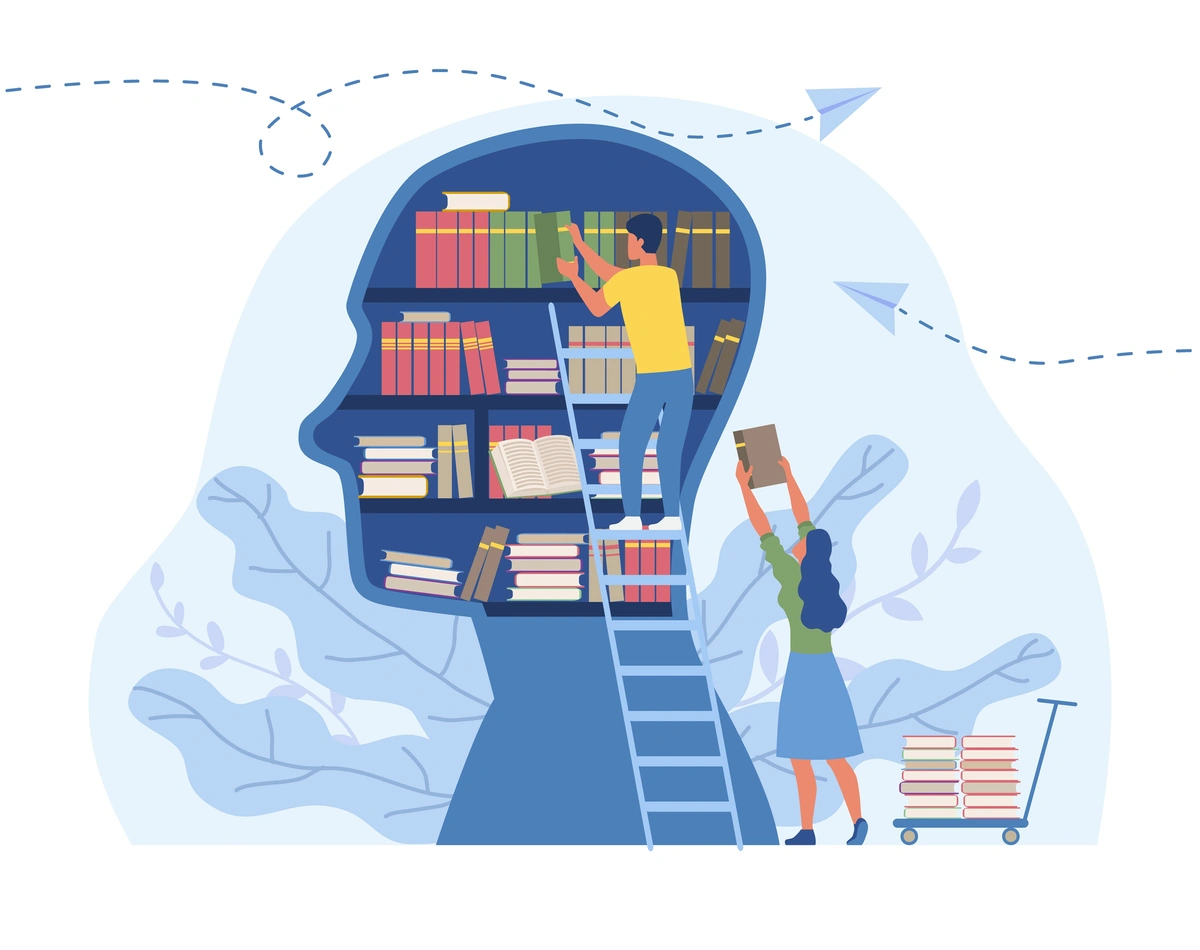Insomnia

Management and Resources
At home
Although people with insomnia usually require therapy and/or treatment with medication, behavioral changes can often provide some relief:
Keeping track of sleep
Tracking one's sleep can be a helpful start to understanding their specific patterns of sleep and what may be contributing to their insomnia. Many clinicians recommend tracking bedtime, wake time, night time awakenings, time actually slept, and the individual's perceived quality of sleep.
Consistency is key
If possible, trying out a bedtime that is realistic and then consistently going to bed at that time can help. Keeping with a set bedtime can be made easier by setting an alarm on one's phone an hour before their selected bedtime to remind themselves it is time for bed, and to begin preparing for bed. A bedtime routine an hour before bed can help prepare and relax the body for sleep.
Watching out for over stimulation
We live in a world full of distractions. Individuals with insomnia might try minimizing stimulating activities before bedtime: Check out your bedroom for distractions that should be eliminated. For example, do you watch television from your bed, go on social media, read books, or do work or school work? These behaviors, although fun and nice sometimes, can keep the body awake and perpetuate one's insomnia. The bed should be a place for two primary activities: sleep and sex.
Keep the room cool and dark
At night time our body temperature drops slightly and we are sensitive to light. We often sleep best in a cool, dark, yet comfortable space. It is important to make sure the temperature in one's room is not too hot or cold and is dark enough for rest.
Avoid evening caffeine
Individuals with insomnia often benefit from assessing their caffeine intake. Caffeine can be found in our most favored food and drinks like coffee and chocolate. Individuals might try reducing their intake, and cutting off caffeine midday. Having less caffeine coursing through one's veins will improve their ability to fall asleep when they wish.
Journal the worries
Many people feel anxious before bed, or when they awake in the middle of the night. If a person finds their mind racing when getting ready to fall asleep, this may be a sign they are anxious. In these cases, it can be helpful to write in a journal for 10 minutes about what is on the mind. Individuals are encouraged to "Worry away" in their writing. At the end of the 10 minutes, it is helpful to engage in a non-stimulating activity and then when tired, try returning to bed to try to fall asleep.
At work
Insomnia can make it harder to work effectively, show up on time, and be our best selves at work. Once treatment for insomnia has begun, an individual's alertness and concentration should improve. They may wish to tell others at work about their condition to explain current or past periods where it was harder for them to function due to their sleep deficit.
At school
Insomnia can make it harder to go to school, turn our work in on time, and be our best selves at school. Once treatment for insomnia has begun, an individual's alertness and concentration should improve. They may wish to tell professors or the disability office at their school about their condition to explain current or past periods where school was challenging for them and to seek appropriate guidance.
In relationships
Having insomnia can have a major impact on all of one's relationships, affecting their mood, their energy level, and their desire to engage with friends and family members. Some people with insomnia find it helpful to open up about their symptoms with their loved ones. Everyone needs sleep and most people can understand how a rough night's sleep can be detrimental. Remember that insomnia is not a choice and with treatment, one's insomnia should considerably improve.
Organizations
The Centers for Disease Control and Prevention
Products/Tools
Recommended Reading
The Women’s Guide to Overcoming Insomnia by Shelby Harris, PsyD
Why We Sleep: Unlocking the Power of Sleep and Dreams by Matthew Walker, PhD